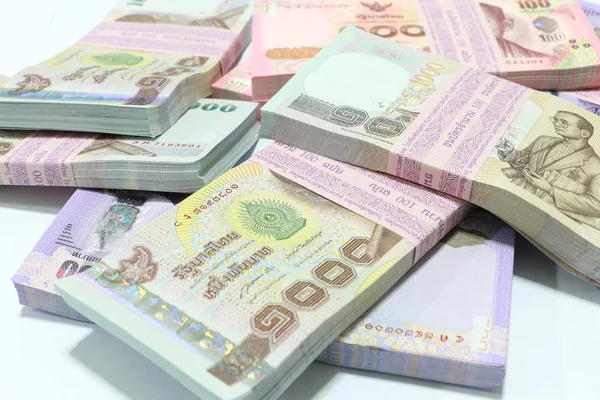BANGKOK – In another indicator of the flagging economy of Thailand, the cabinet released a new report today that shows that inflation is rising faster than the average size of bribes, reducing the real-market spending capacity of the nation’s leaders on luxury goods.
“Inflation has already hit the working class through spikes in rice and diesel prices, but this is the first hard data we have showing that the country’s wealthy and corrupt officials are also feeling the pinch,” explained Khemyit Somsama, a Finance Ministry economist and the lead researcher on the report. “We’re on the brink of a crisis, unless we act fast to save the lifestyles of Thailand’s parasite plutocrats.”

According to the 266-page report, the average price of a BMW 7-Series has increased almost 15% in the last 12 months when maintenance is factored in, primarily due to the cost of imported parts priced in euros, while the cost of a Coach or Dior handbag, still the preferred accessories of ostentatious classism among the gold-digging minor wives and professional hostess-girlfriends whom cabinet ministers require as playthings to assuage their flagging masculine egos, has almost doubled in 18 months. In fact, almost every item in the Lucky Index, which tracks the average prices of Minister-level basics such as Hua Hin condominiums, first-class air-tickets to Milan, and premier cru Bordeaux wines, has increased year-on-year with an average of 9.5%.
Meanwhile, the average size of bribes has stagnated, and in some cases even reversed. The report specifically cites the precipitous drop in construction contract collusion kickbacks, which declined almost 30% from a peak in 2005. “It’s part of a general trend in construction,” noted Khemyit. “Suvarnabhumi was the tentpole in the data, hiding the fact that the drop in new housing was already reducing pressure on developers to secure new sites. Construction companies were slashing their kickback budgets even before the coup.”
Compounding the problem is the strong baht, which has reduced the value of foreign bribes, which have traditionally been priced in dollars. Khemyit cites the recent example of former TAT governor Juthamas Siriwan, who was caught receiving $1.7 million as a kickback from an American couple in exchange for an inflated $10 million contract to run the Bangkok Film Festival. “In 2003, that was almost 70 million baht,” he notes. “Now it would only be about 52 million.”
Various ministers have already gone on record to demand assistance with their hardship. “The situation is unacceptable,” said Deputy Interior Minister Suphol Fongngam. “Gambling revenues are down, police racketeering is barely breaking even, and not even insider trading has kept my SET stocks afloat. People like me are really hurting, and no one seems to care.”
His pain was echoed by Noppadon Pattama, Minister for Foreign Affairs. “I can’t support my twelve mistresses with the paltry skimmings from the work-permit cash accounts. Last month my number one mia noi had to settle for a 240 sqm condo at the Pano instead of Le Raffine. She cried for an hour.” Anguished with grief, he added quietly, “She won’t even have her own private pool,” before turning away.


